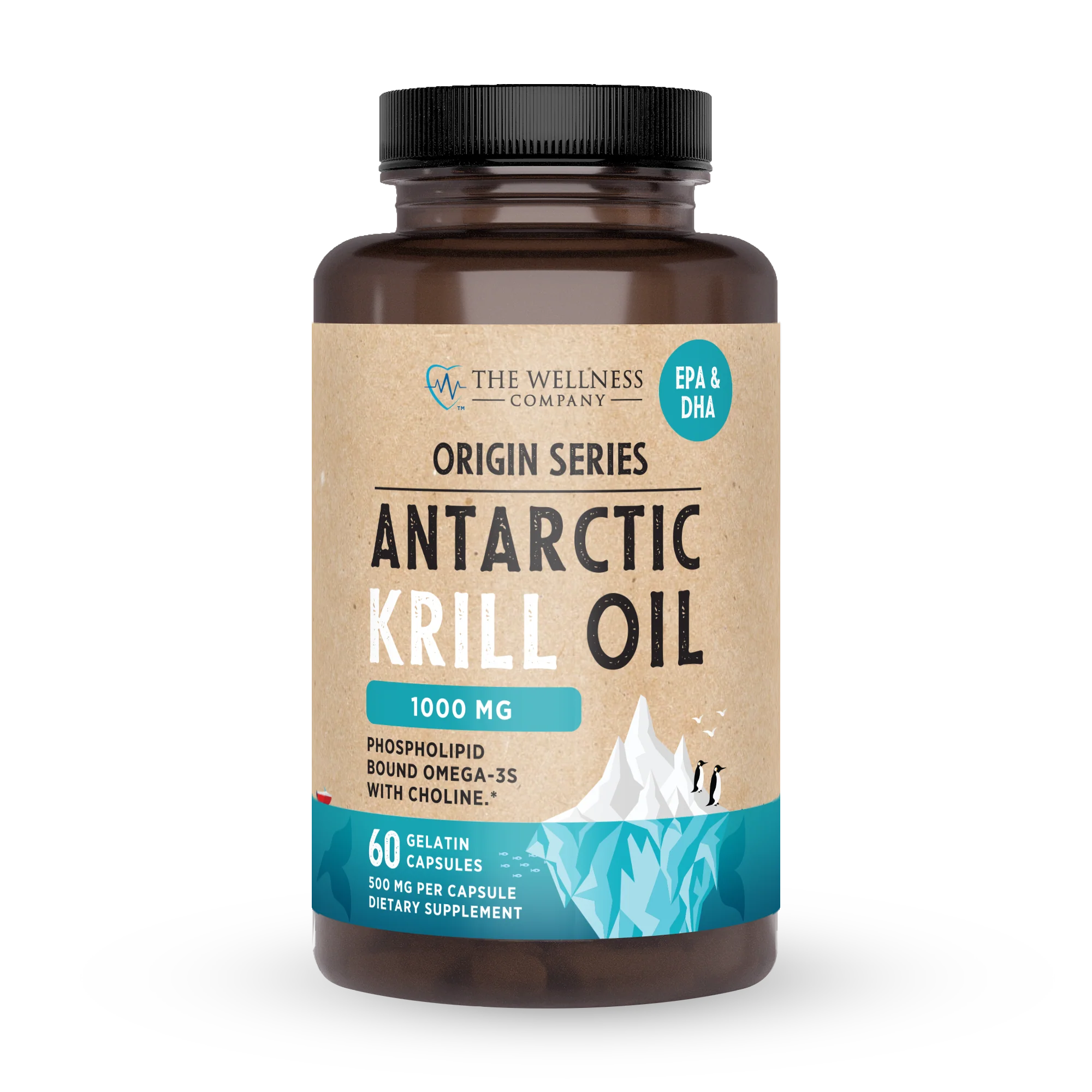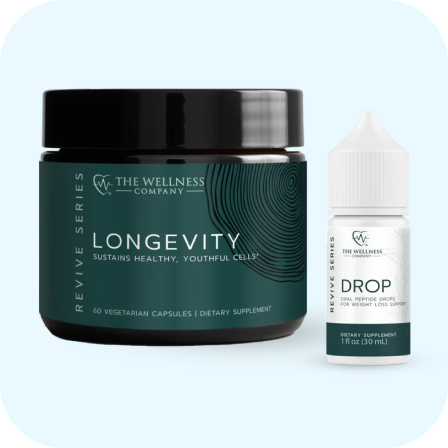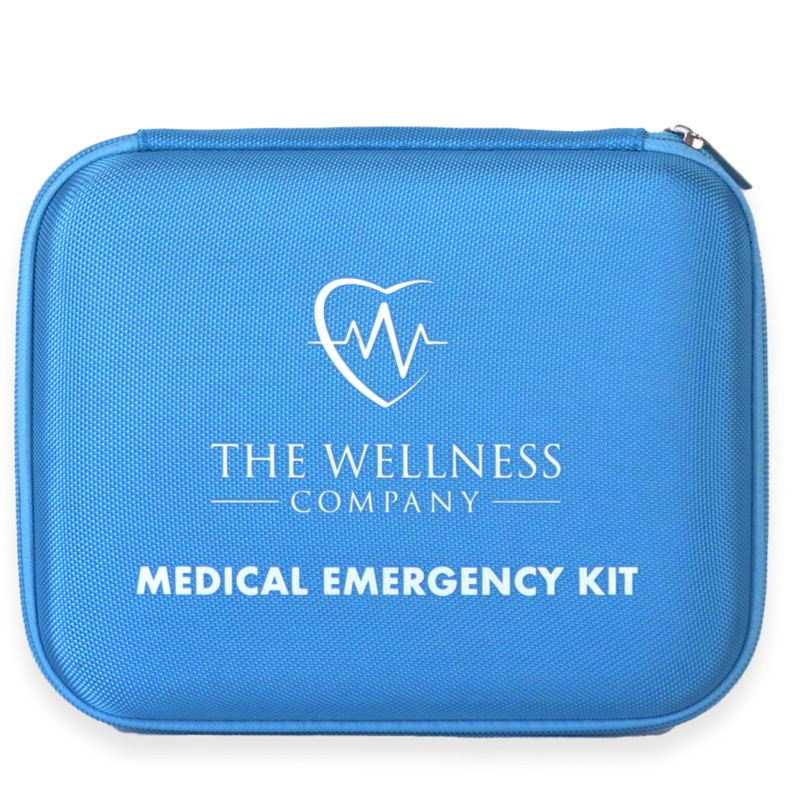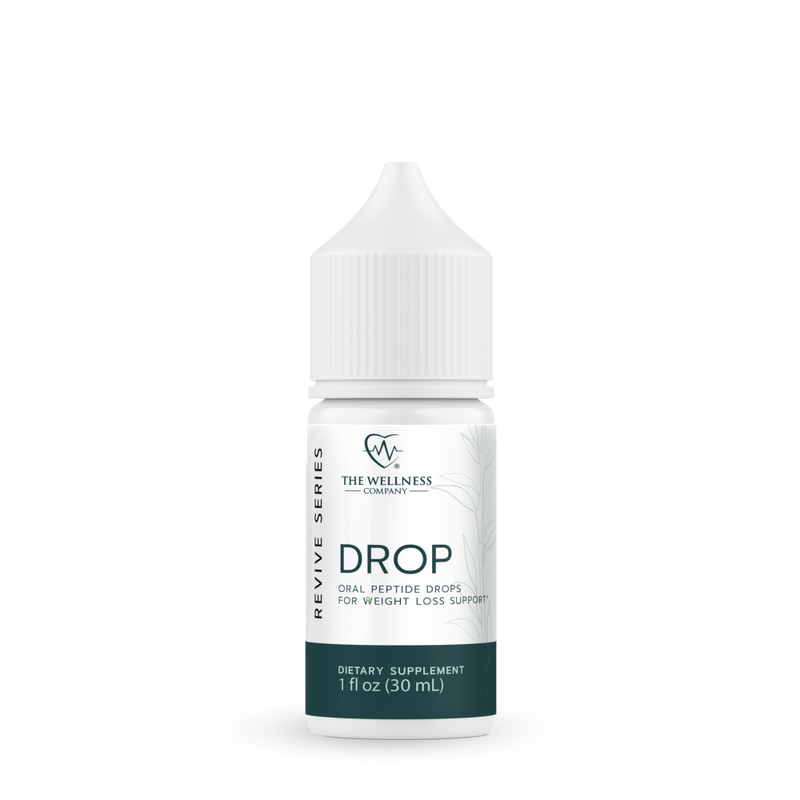The Benefits of Omega 3 Fish Oil From The Wellness Company

Now more than ever, Americans are searching for affordable wellness solutions which target the root cause of disease. Nutritional supplementation is one of many avenues to explore to ensure your body is getting what it needs to perform at its best. One of the most well-researched, science-backed supplements, which has been on the market for decades, is fish oil. In this article, we will examine the scientific evidence supporting the use of fish oil for a variety of goals, so you can make an informed decision on whether it could be a useful addition to your supplement regimen.
What is Fish Oil?
Fish oil is most commonly extracted from cold-water fish. It contains high levels of omega-3 polyunsaturated fatty acids (PUFAs), essential fats that the human body cannot produce on its own. EPA and DHA, two types of PUFAs often found in fish oil supplements, have been shown to exert a myriad of health benefits, which will be discussed in this article.
It's important to note that fish oil is not the only good source of PUFAs. Krill oil also contains these beneficial fatty acids in high concentrations. The Wellness Company’s Fish Oil supplement contains both fish and krill oil. While both are excellent sources of EPA and DHA, the body absorbs and utilizes the fatty acids in krill oil more efficiently than those in fish oil.
Why Should You Take it?
Improves Heart and Circulatory Health
With virus and vaccine induced cardiovascular issues on the rise, heart health is top of mind for many individuals. Fish oil has been shown to exhibit the following benefits to the cardiovascular system:
- Optimizes cholesterol and triglyceride levels [1]
- Regulates blood pressure [2]
- Reduces arterial plaque [3]
Optimizes Mental and Neurological Health
Fish oil has been shown to have the following beneficial effect on a variety of neurocognitive impairments:
- Reduces anxiety [4]
- May alleviate symptoms of depression [5]
- Enhances cognitive ability [6]
- Protects against neurodegeneration [7]
Reduces Inflammation
Inflammation is broadly is associated with multiple health conditions, including cardiac and neurological disease, diabetes, chronic stress and depression, and obesity. Fish oil has been shown to exert the following anti-inflammatory effects:
- Reduces inflammation by inhibiting the production of cytokines [8]
- Alleviates joint pain, presumably through anti-inflammatory mechanisms [9]
Supports Healthy Skin
With exposure to environmental toxins internally and externally, the skin – the largest body organ – can often suffer. Fish oil can help.
- Reduces lesions and scaling associated with psoriasis [10]
- Significantly reduces eczema [11]
- Improves acne lesions [12]
- Reduces premature wrinkle formation and skin aging, improve skin elasticity, mitigate UV damage and dryness, and increase skin firmness [13]
Prepare for Pregnancy
When it comes to fertility, the research suggests that fish oil has the following effects:
- Reduces the risk of miscarriage [14]
- Lowers the risk of premature birth [15]
- Promotes healthy fetal growth [15]
Safety of Fish Oil
Numerous studies have demonstrated the safety and efficacy of various fish oils [16].
Although rare, fish oil supplements' most common side effects are gastrointestinal, such as nausea, indigestion, and diarrhea.
Some studies have shown that using fish oil supplements in conjunction with aspirin and statin drugs may increase the risk of minor bleeding. However, no major bleeding events have been reported in trials to date.
Additionally, large fish (like king mackerel, shark, and swordfish) have a higher chance of being contaminated with methyl mercury and, therefore, should be avoided by pregnant/breastfeeding women and children.
It is essential to engage with a trusted healthcare source to determine if fish oil is right for you.
References
[1] Balk, E. M., Lichtenstein, A. H., Chung, M., Kupelnick, B., Chew, P., & Lau, J. (2006). Effects of omega-3 fatty acids on serum markers of cardiovascular disease risk: a systematic review. Atherosclerosis, 189(1), 19-30.
[2] Apel, L. J., Miller, E. R., Seidler, A. J., & Whelton, P. K. (1993). Does supplementation of diet with “Fish oil” reduce blood pressure. Archives of Internal Medicine, 153(28), 1429-1438.
[3] Kar, S., & Webel, R. (2012). Fish oil supplementation & coronary artery disease: does it help?. Missouri medicine, 109(2), 142.
[4] Kiecolt-Glaser, J. K., Belury, M. A., Andridge, R., Malarkey, W. B., & Glaser, R. (2011). Omega-3 supplementation lowers inflammation and anxiety in medical students: a randomized controlled trial. Brain, behavior, and immunity, 25(8), 1725-1734.
[5] Liao, Y., Xie, B., Zhang, H., He, Q., Guo, L., Subramaniapillai, M., Fan, B., Lu, C., & Mclntyer, R. S. (2019). Efficacy of omega-3 PUFAs in depression: A meta-analysis. Translational Psychiatry, 9(1). https://doi.org/10.1038/s41398-019-0515-5
[6] Kokubun, K., Nemoto, K., & Yamakawa, Y. (2020). Fish Intake May Affect Brain Structure and Improve Cognitive Ability in Healthy People. Frontiers in Aging Neuroscience, 12. https://doi.org/10.3389/fnagi.2020.00076
[7] Derbyshire, E. (2018). Brain Health across the Lifespan: A Systematic Review on the Role of Omega-3 Fatty Acid Supplements. Nutrients, 10(8), 1094. https://doi.org/10.3390/nu10081094
[8] Kiecolt-Glaser, J. K., Belury, M. A., Andridge, R., Malarkey, W. B., & Glaser, R. (2011). Omega-3 supplementation lowers inflammation and anxiety in medical students: A randomized controlled trial. Brain, Behavior, and Immunity, 25(8), 1725–1734. https://doi.org/10.1016/j.bbi.2011.07.229
[9] Maroon, J. C., & Bost, J. W. (2006). ω-3 Fatty acids (fish oil) as an anti-inflammatory: an alternative to nonsteroidal anti-inflammatory drugs for discogenic pain. Surgical Neurology, 65(4), 326–331. https://doi.org/10.1016/j.surneu.2005.10.023
[10] Márquez-Balbás, G., Sánchez-Regaña, M., & Millet, U. (2011). Study on the use of omega-3 fatty acids as a therapeutic supplement in treatment of psoriasis. Clinical, Cosmetic and Investigational Dermatology, 73. https://doi.org/10.2147/ccid.s17220
[11] Koch, C., Dölle, S., Metzger, M., Rasche, C., Jungclas, H., Rühl, R., Renz, H., & Worm, M. (2008). Docosahexaenoic acid (DHA) supplementation in atopic eczema: a randomized, double-blind, controlled trial. British Journal of Dermatology, 158(4), 786–792. https://doi.org/10.1111/j.1365-2133.2007.08430.x
[12] Dae, H., & Suh. (n.d.). Investigative Report. https://doi.org/10.2340/00015555-1802
[13] Schagen, S. K., Zampeli, V. A., Makrantonaki, E., & Zouboulis, C. C. (2012). Discovering the link between nutrition and skin aging. Dermato-Endocrinology, 4(3), 298–307. https://doi.org/10.4161/derm.22876
[14] Salas-Huetos, A., Arvizu, M., Mínguez-Alarcón, L., Mitsunami, M., Ribas-Maynou, J., Yeste, M., Ford, J. B., Souter, I., & Chavarro, J. E. (2022). Women’s and men’s intake of omega-3 fatty acids and their food sources and assisted reproductive technology outcomes. American Journal of Obstetrics and Gynecology, 227(2), 246.e1–246.e11. https://doi.org/10.1016/j.ajog.2022.03.053
[15] Saldeen, P., & Saldeen, T. (2004). Women and Omega-3 Fatty Acids. Obstetrical & Gynecological Survey, 59(10), 722–730. https://doi.org/10.1097/01.ogx.0000140038.70473.96
[16] Goel, A., Pothineni, N. V., Singhal, M., Paydak, H., Saldeen, T., & Mehta, J. L. (2018). Fish, Fish Oils and Cardioprotection: Promise or Fish Tale? International Journal of Molecular Sciences, 19(12), 3703. https://doi.org/10.3390/ijms19123703






















